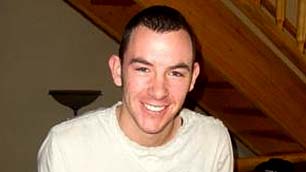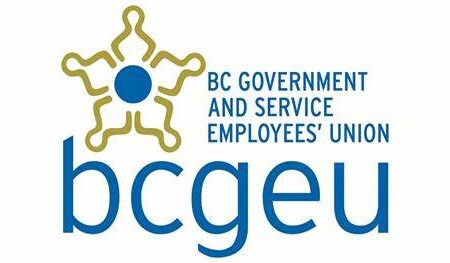Service gaps may have contributed to Owen Rooney's disappearance, says report
Missing Australian 26-year-old Owen Rooney’s family has mixed feelings over the results of an independent review of Interior Health Authority’s (IHA) procedures at the time of Owen’s disappearance in August 2010. Owen Rooney went missing from outside the Boundary Hospital in mid-August after admitting himself. He had allegedly been in a fight at Christina Lake and sustained a head injury. His family called for an investigation into hospital procedures after trying to access information and after they raised concerns about a lack of protocols at the facility. The report, released to Rooney’s family after IHA’s receipt of the recommendations on Oct. 5, identified serious gaps in protocols and communications. The Patient Quality Care Office (PQCO) Review Board found that nursing documentation did not even meet the standards of the College of Registered Nurses, no clear patient care plan was provided, and that doctor’s recommendations to keep Rooney under observation were not followed.
“In reviewing the medical records the Board expressed concern regarding the poor documentation by both the nurses and physician at Boundary Hospital. For example, the emergency assessment record was not completed fully. Owen stated he had been assaulted yet there was no Galsgow Coma Scale score recorded either at the time he was admitted or later when he was assessed by the physician…
“The Board found that there were few observations documented by staff despite Owen being admitted for observation, and many of the notes that were provided were retrospective and provided well after the care was administered.” (Excerpt from the Patient Quality Care Office Review Board’s report)
Ingrid Hampf, IHA’s acute care area director for the Kootenay / Boundary, said that IHA did not wait for this review to act on problem areas identified by this case. “We certainly have not waited for the report. That was evident at step one of looking at what happened when Owen went missing,” said Hampf. “Staff were made immediately aware of some of the gaps and we have done a lot of education and support for the site.” While Owen’s mother, Sharron Rooney, was pleased to see that the IHA is making changes for future patients, she’s still frustrated that normal protocols were not followed when it came to her son’s care. “There was no evidence at all as to whether Owen was capable or not capable of making any decisions, documentation was very poor, observations were non-existent,” said Rooney. “Recollections weeks later were our source of information. The nursing staff or hospital staff were not interviewed until weeks and months later. It is now obvious that he was not [mentally capable.]” Despite the problems noted by the review board, they made only two recommendations: that the IHA provide the family with a copy of the review results, and that the office of the PQCO be involved in future cases sooner. Other issues noted by the Board have been addressed already, said Hampf. “Our hearts go out to the Rooney family. This is a horrible event and the not knowing his whereabouts – I can’t imagine what they’re going through. There are lessons we’ve learned and there’s been a lot of work done since August of last year,” Hampf explained. “Across the organization we’ve developed policies and procedures so this is not just a Boundary learning, it’s a shared learning across the organization. There’s been a lot of work done to close the gaps in his care. But it’s still a tragic event and I think we’re trying and have made huge progress…to ensure our documentation meets standards and that we have protocols and follow correct procedures around admitting people and what that requires in terms of continual observation and care.” Some of the internal changes IHA has implemented include: training for nurses and staff on protocols and documentation, increased access to mental health services after regular hours, and the creation of observation orders. “We’re pleased with the recommendation (to involve the Patient Care Quality Office from the beginning of the case) as communication with the hospital and staff was like Chinese water torture – information was given to us one drop at a time with lengthy waits in between meetings with staff,” said Sharron. “We believe a comprehensive round table debrief asap with proper minute notes taken would have been more appropriate. The information in the first days is vital.”
Owen went missing after sustaining a head injury in a fight at Christina Lake in August 2010. Despite extensive searches of the area by RCMP and search and rescue units, pleas in the media from his family and poster campaigns over the past year, Owen remains missing.



























Comments